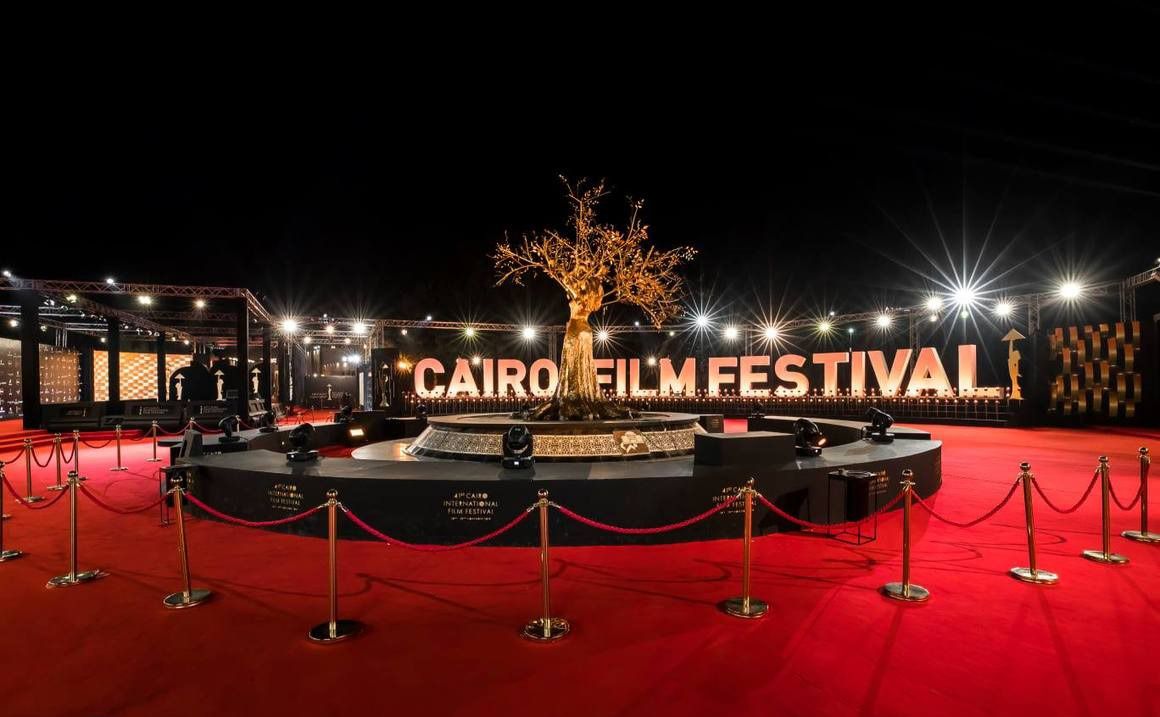The Cairo International Film Festival (CIFF), now in its 45th edition, has paid homage to Egyptian cinema's golden era by featuring and playing 14 timeless classics. This year's festival, taking place from November 13 to November 22, 2024, includes restored versions of these films, bringing iconic moments back to the screen in stunning 4K resolution, thanks to the dedicated efforts at Egypt's Media Production City. The festival aims to rekindle the magic of these works, connecting audiences with the stories and legacies of Egypt's greatest filmmakers.
These masterpieces span decades, primarily from the 1950s to the 1980s, and represent the pinnacle of Egyptian cinema. Many are recognised in critics' lists of the top 100 Egyptian films of all time, immortalising the artistic contributions of directors such as Salah Abu Seif, Hussein Kamal, and Henry Barakat, and the profound storytelling of legendary writers like Nobel laureate Naguib Mahfouz, Yusuf Idris, and Tharwat Abaza.
Highlighted Films
1- Bidaya wa Nihaya (Beginning and End)
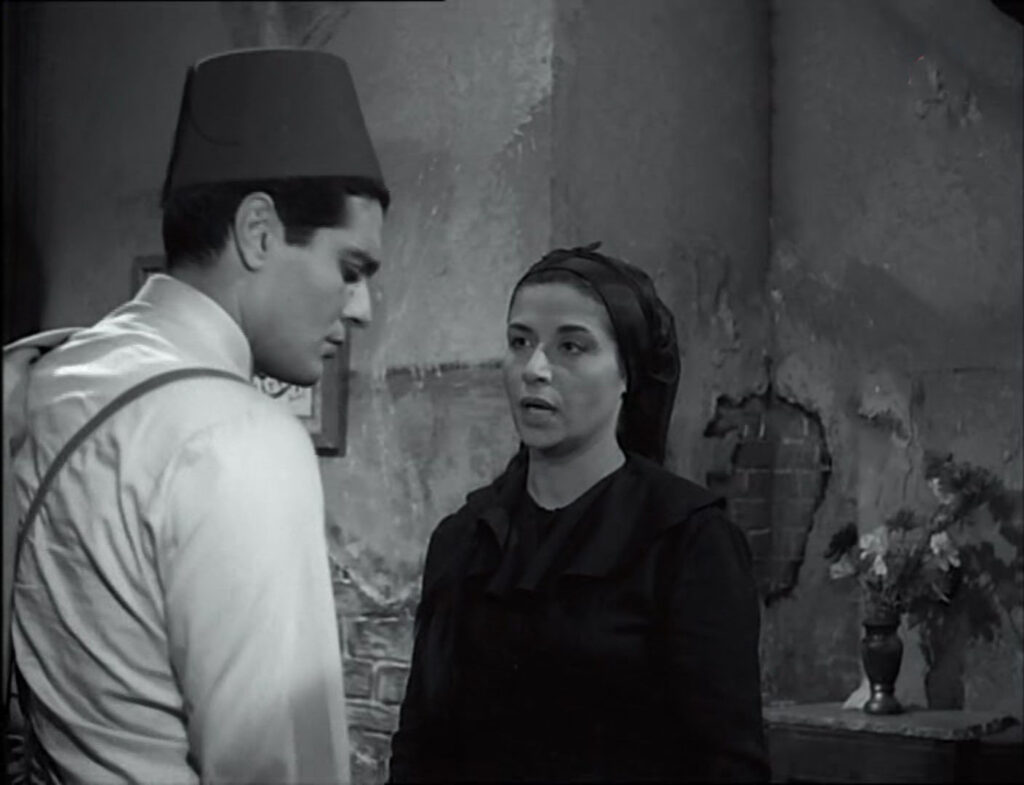
Directed by Salah Abu Seif (1960), this film, adapted from Naguib Mahfouz's novel, follows a family grappling with hardship after their father's death. It poignantly portrays themes of honour, ambition, and family.
2- Al-Zawga Al-Thaniya (The Second Wife)
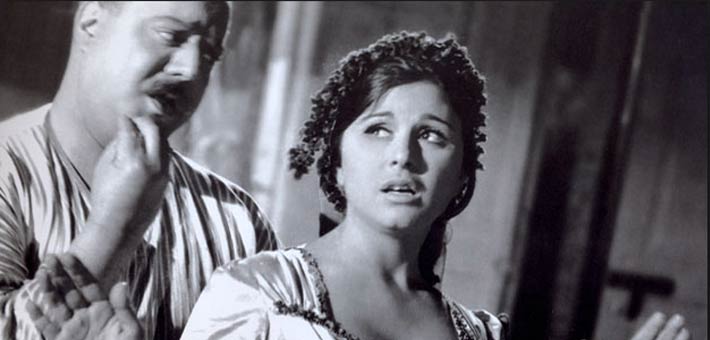
This film is directed by Salah Abu Seif (1967) and is set in a rural Egyptian village. It explores oppression and resilience as a woman is coerced into a second marriage by a powerful village chief.
3- Cairo 30

Directed by Salah Abu Seif (1966) and based on Mahfouz's story, this film reflects Cairo's social fabric in the 1930s, offering insight into the complexities of poverty, ambition, and moral compromise.
4- Al-Haram (The Sin)
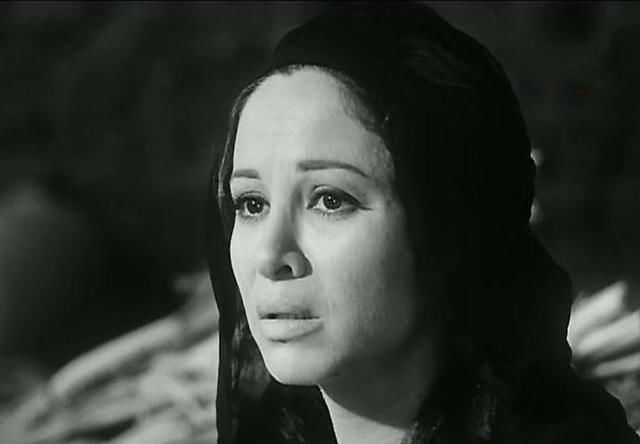
Directed by Henry Barakat (1965), this heart-wrenching film that was nominated for the Palme d'Or at Cannes tells the story of a female farm labourer who faces societal judgment after a traumatic assault.
5- Al-Saman wa Al-Kharif (The Quail and the Autumn)
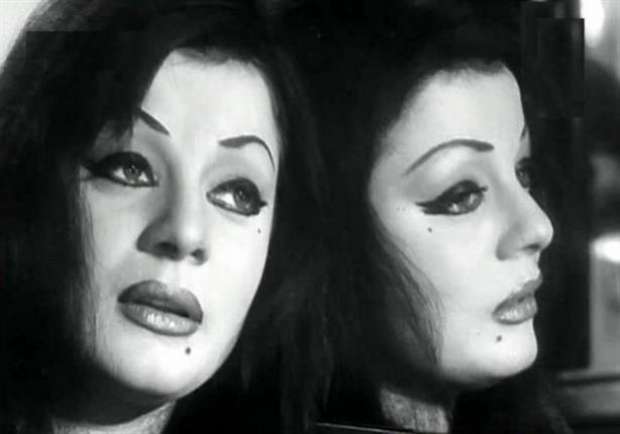
Directed by Hussam El-Din Mustafa (1967), it reflects the personal and societal shifts after the 1952 revolution. This adaptation of Mahfouz's novel highlights the evolution of identity and political consciousness.
6- Al Muznibun (The Guilty)
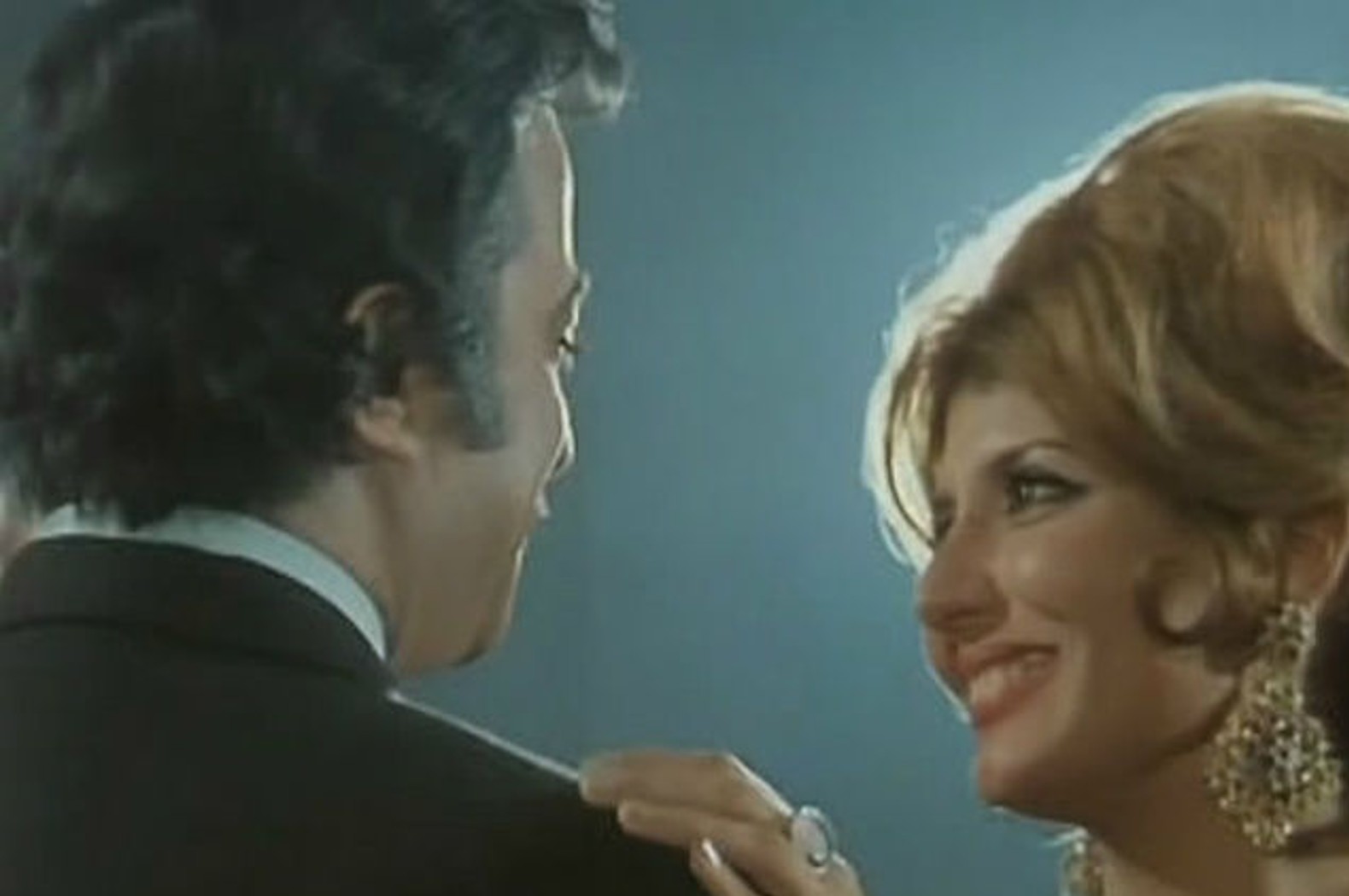
Directed by Said Marzouk in 1975, this controversial thriller is based on a story by Naguib Mahfouz and a screenplay by Mamdouh El-Leithy. Known for its bold narrative, the film sparked significant debate upon release, leading censors to limit its viewing to adults only. Its story follows the murder investigation of a famous actress, uncovering a web of corruption as influential figures are drawn into the case.
7- El-Shahat (The Beggar)
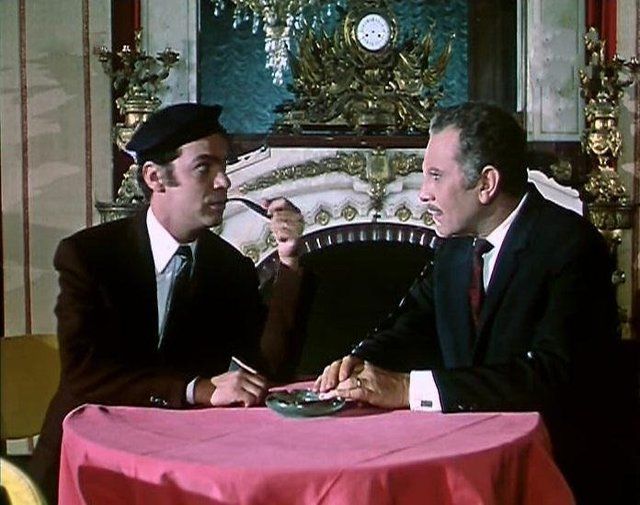
Directed by Hussam El-Din Mustafa (1973) and adapted from Mahfouz's work, this film explores existential themes as the protagonist abandons his stable life in pursuit of meaning.
8- Shei' Min Al-Khawf (Something of Fear)
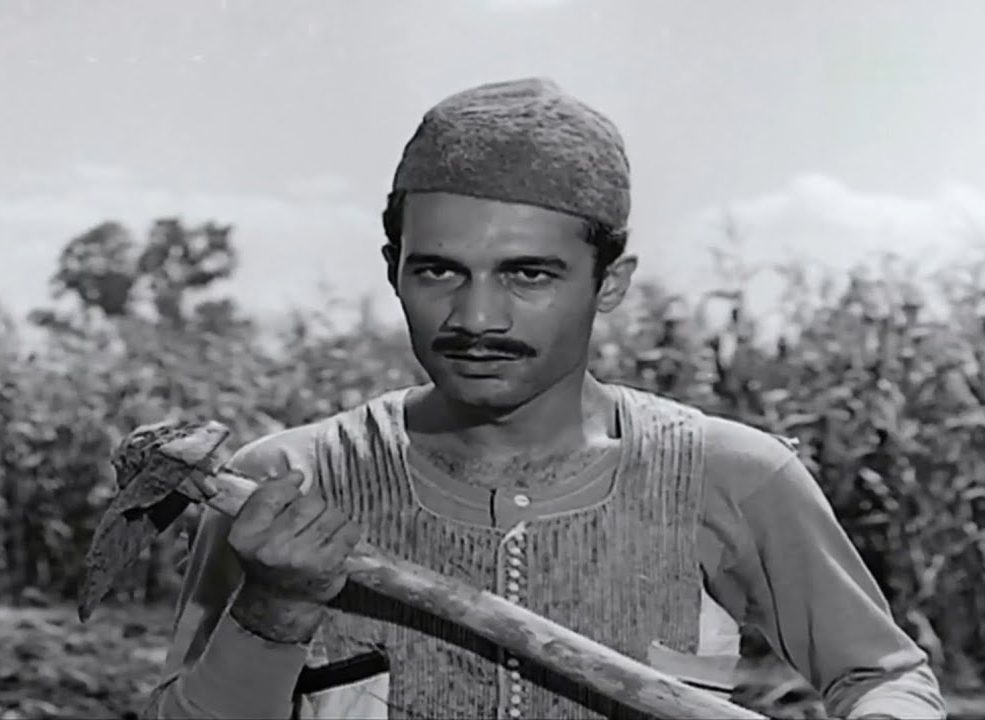
Directed by Hussein Kamal (1969) and set against political overtones, this film follows the character Atrees, who falls in love with a defiant woman who becomes the symbol of resistance against tyranny.
9- Sawaq Al-Autobis (The Bus Driver)
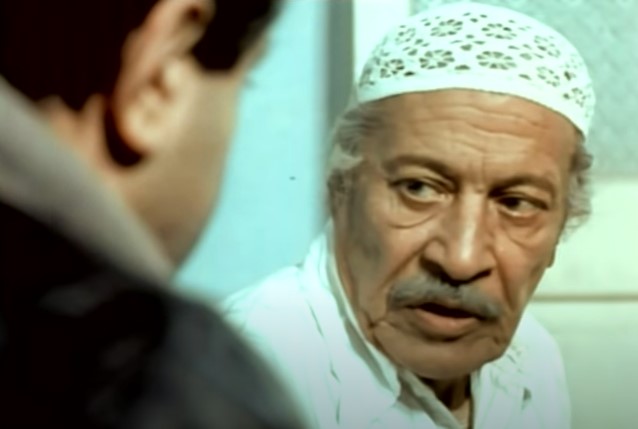
Directed by Atef Al-Tayeb (1982), this film provides hands-on a slice of life from Egypt's economic open-door policy era, depicting a man's struggle to sustain his family amidst financial turmoil.
10- Al-Sarab (The Mirage)
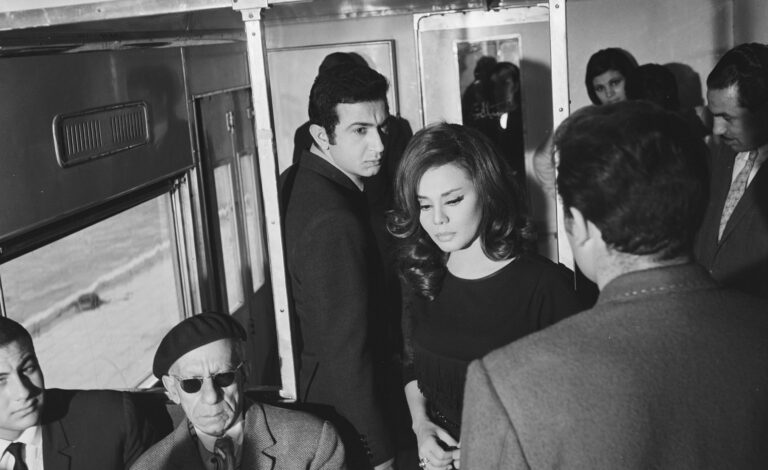
Directed by Anwar El-Shinawi (1970) and based on Naguib Mahfouz's novel, this film delves into the life of a man grappling with societal pressures and his own insecurities, particularly regarding masculinity and identity.
11- Qasr El Shouq (Palace of Desire)
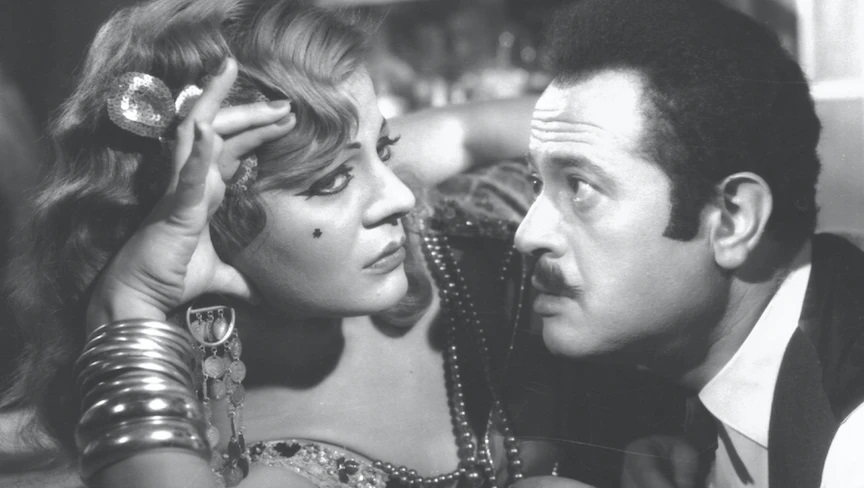
directed by Hassan El-Imam (1966), the second in Mahfouz's Cairo Trilogy, this film follows the complex lives of the Al-Sayed Ahmed family and the challenges of their patriarch.
12- Al-Mustahil (The Impossible)
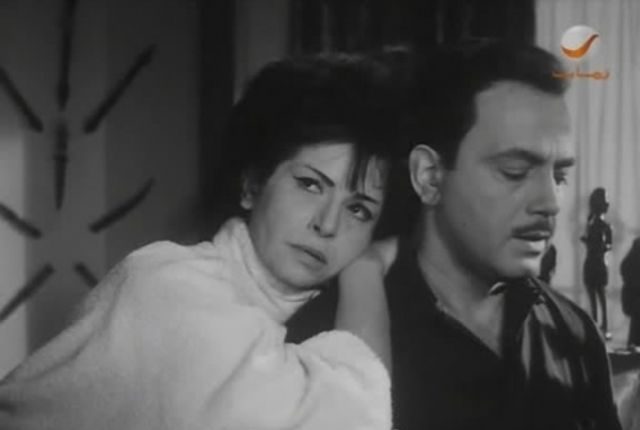
Directed by Hussein Kamal (1965), this psychological drama captures a young man's internal conflict as he attempts to break free from his father's control, embarking on a journey to find love and independence.
13- Bayn Al-Qasrayn (Between the Two Palaces)
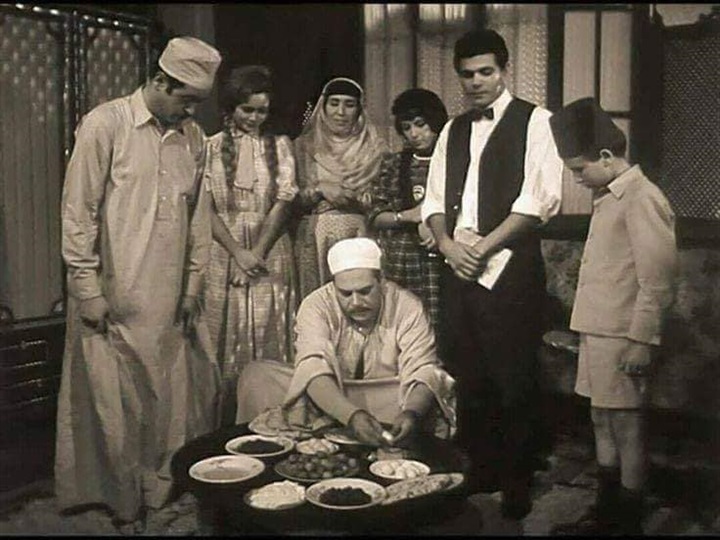
Directed by Hassan El-Imam (1964), this film, based on the first part of Mahfouz's Cairo Trilogy, reflects on Egyptian family dynamics and societal changes during the British occupation of Egypt.
14- Hamido
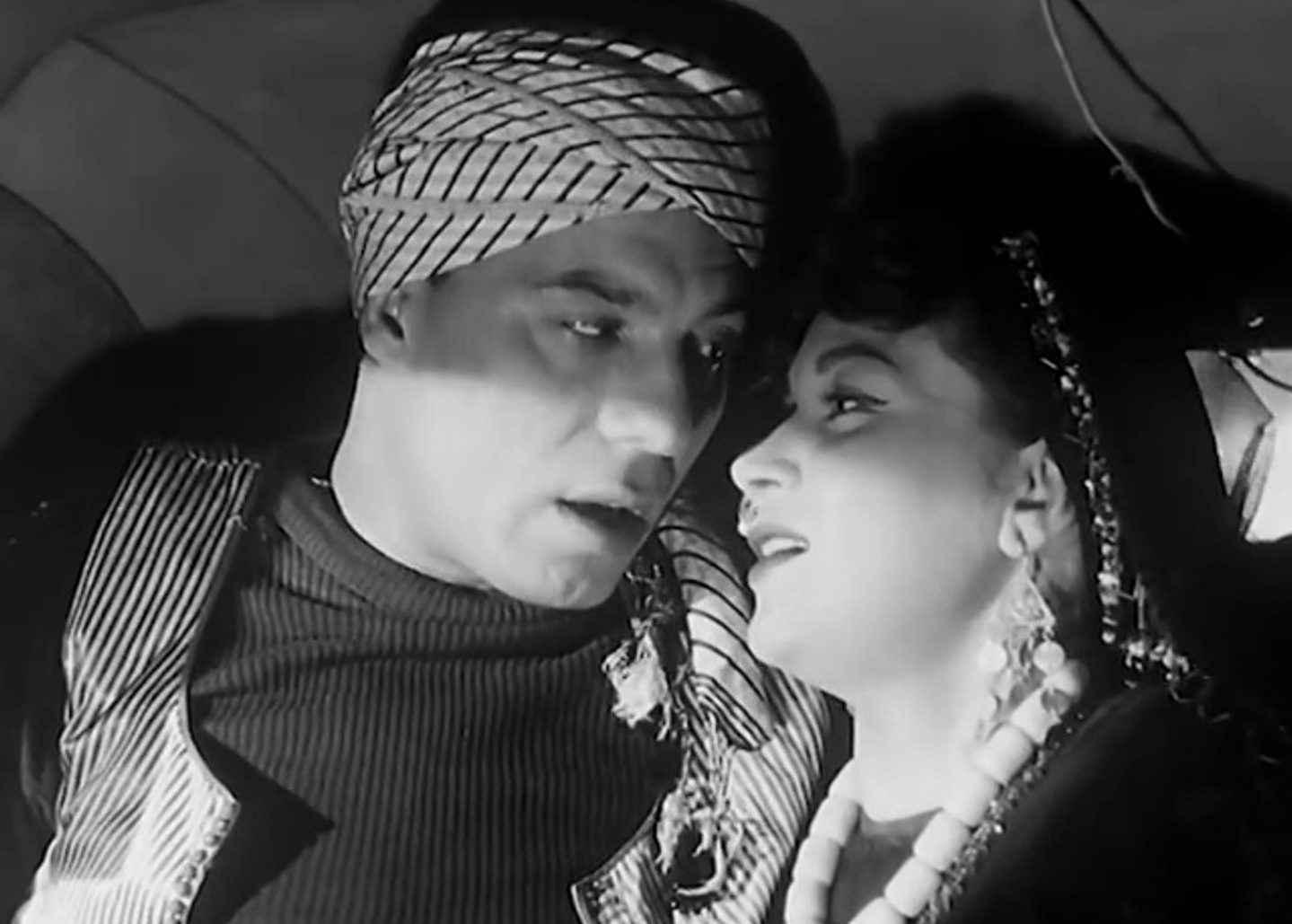
This crime drama, directed by Niazi Mostafa (1953), centres on a fisherman-turned-smuggler and his descent into crime. The film addresses issues of drugs and societal decay, starring Farid Shawqi and Tahia Carioca.

